Playbook
By definition a playbook includes process
workflows, standard operating procedures, and cultural values that shape a consistent response
—the play. A playbook reflects a plan; an approach or strategy defining predetermined responses worked out ahead of time. The playbook helps the team visualize targets, understand the continuous
improvement model, and know what is needed to achieve goals and be successful.
PLAYS
Plays: The combination of tasks, orchestrated for a group to carry out an action. In training, a play might be a single exercise, while a game plan might be the combination of exercises that make up a workshop. In a business process, a play might define one step and how the roles combine to achieve it, while the game plan describes the overall process and how the roles combine to create the outcome.


Team
The players/roles who need to be engaged in delivering the outcome are identified within the playbook. This involves not only the team directly doing the operations, but also all the cross
-functional stakeholders and players who contribute to delivering outcomes. The playbook will define roles and responsibilities to assure critical actions won’t be overlooked. It also lays a framework for the team norms that ensure alignment and integration.
Playbook Ninjas 
Players that practice plays become Playbook Ninjas and join a community of experts, coaches, learners and team players!
Those that pride themselves on the five practices in all that they do:
- delays gratification,
- exercises patience,
- gathers intelligence,
- listens to others and
- asks questions.
Results
Playbooks are a form of standardized project work. Using benchmarking across many teams doing similar types of project work, playbooks are created with the best methods for achieving desired results. A team member can use the playbook of proven methods as a resource to follow a step-by-step process for continuous improvement in a given area.

